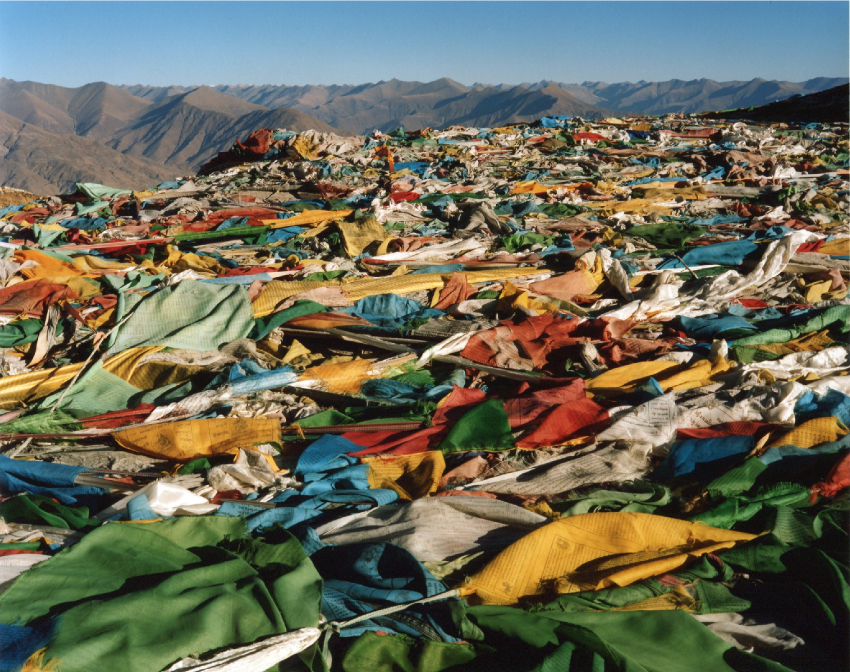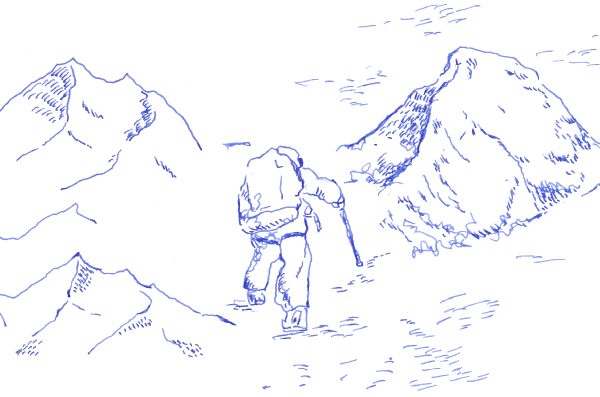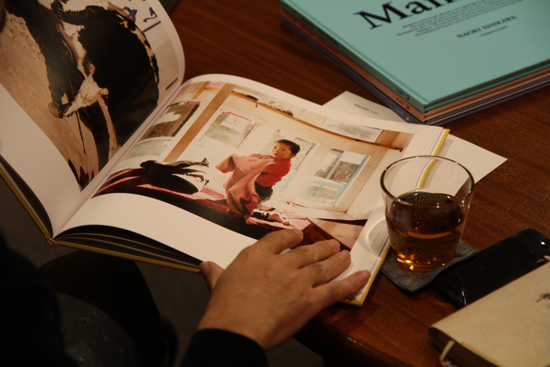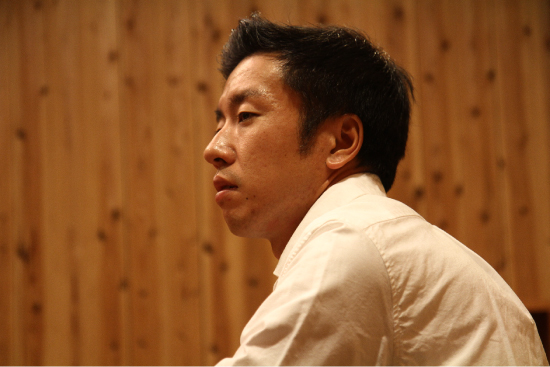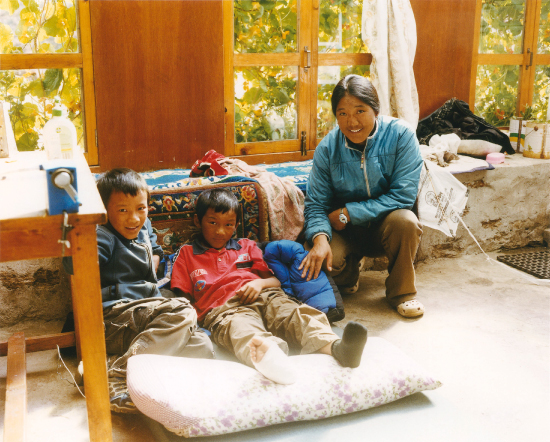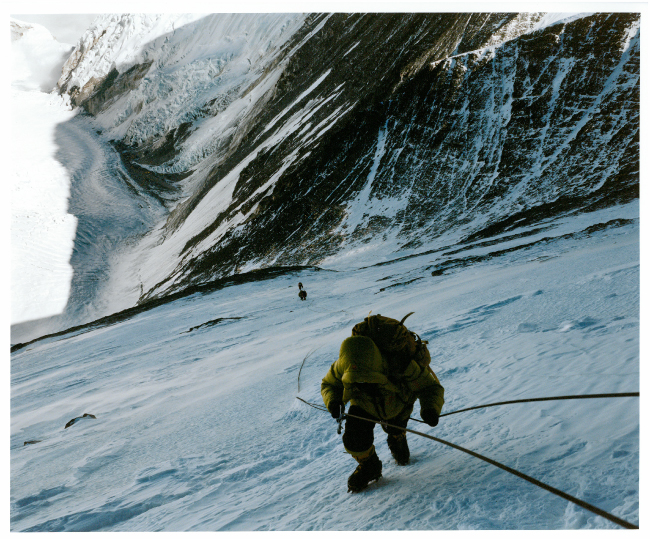Naoki Ishikawa Profile
Photographer. Born 1977 in Tokyo.
Participated in the Pole to Pole project in 2000 and traveled from the North Pole to the South Pole by human strength. By 2001, successfully climbed the summits of the highest peaks in all seven continents. Interested in anthropology and folklore. Themes of his work revolve around the act of traveling and the journey. Won several awards for his photographs taken around the 8,000 meter altitude of the Himalayas, which are collected in his books Lhotse, Qomolangma, Manaslu, Makalu, and K2, all published by SLANT.
Completed the doctoral course at the Tokyo University of the Arts.
Official site here.
Official Instagram account here.
